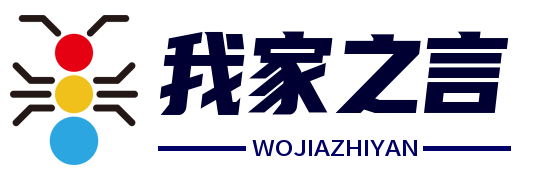Technology has been a driving force behind human progress for centuries, enabling us to achieve feats that were once considered impossible. However, as with any powerful tool, technology also has the potential to bring about harm if not used responsibly. In this article, we will explore some examples of the negative impacts of technology, highlighting the importance of considering the potential consequences of our innovations.
Environmental Degradation
One of the most significant concerns related to technology is its impact on the environment. The rapid industrialization and urbanization that have accompanied technological advancements have led to deforestation, pollution, and loss of biodiversity. Fossil fuel-based energy production, for instance, has contributed to climate change by releasing large amounts of greenhouse gases into the atmosphere. Additionally, electronic waste, such as discarded smartphones and computers, poses a significant threat to the environment due to the toxic materials they contain.
Privacy Invasion
The rise of digital technology has made it easier than ever to collect, store, and analyze vast amounts of personal data. While this has led to numerous benefits, such as improved customer service and targeted advertising, it has also raised concerns about privacy invasion. Companies and governments can now monitor individuals' online activities, track their movements, and even access their personal communications without their knowledge or consent. This erosion of privacy can lead to a loss of trust in institutions and a chilling effect on free speech and expression.
Job Displacement
As technology continues to advance, it is becoming increasingly capable of performing tasks that were once the domain of human workers. Automation and artificial intelligence have the potential to displace millions of jobs, particularly in industries such as manufacturing, transportation, and customer service. While some argue that new jobs will be created to replace those lost to automation, there is a risk that the transition could lead to widespread unemployment and social unrest if not managed carefully.
Cybersecurity Threats
The increasing reliance on digital technology has also made society more vulnerable to cyberattacks. Hackers can exploit vulnerabilities in software and hardware to steal sensitive information, disrupt critical infrastructure, or even launch attacks on a nation-state level. The WannaCry ransomware attack in 2017, for example, affected hundreds of thousands of computers across 150 countries, causing billions of dollars in damages. As technology continues to advance, the potential for cyber threats to grow in scale and sophistication is a significant concern.
Mental Health Issues
The proliferation of social media and other digital platforms has led to concerns about the impact of technology on mental health. Studies have shown that excessive use of social media can contribute to feelings of anxiety, depression, and loneliness, as users compare their lives to the carefully curated images and experiences of others. Additionally, the constant barrage of notifications and the need to be constantly connected can lead to stress and burnout, as individuals struggle to maintain a healthy work-life balance.
Digital Divide
While technology has the potential to bring people together and bridge gaps in access to information and resources, it can also exacerbate existing inequalities. The digital divide refers to the gap between those who have access to technology and the internet and those who do not. This divide can lead to disparities in education, employment opportunities, and access to essential services, further entrenching social and economic inequalities.
In conclusion, while technology has undoubtedly brought about numerous benefits and improved our quality of life, it is essential to recognize and address the potential harms it can cause. By being mindful of the negative impacts of technology and working to mitigate them, we can ensure that our innovations serve to enhance human well-being and promote a more equitable and sustainable future.






